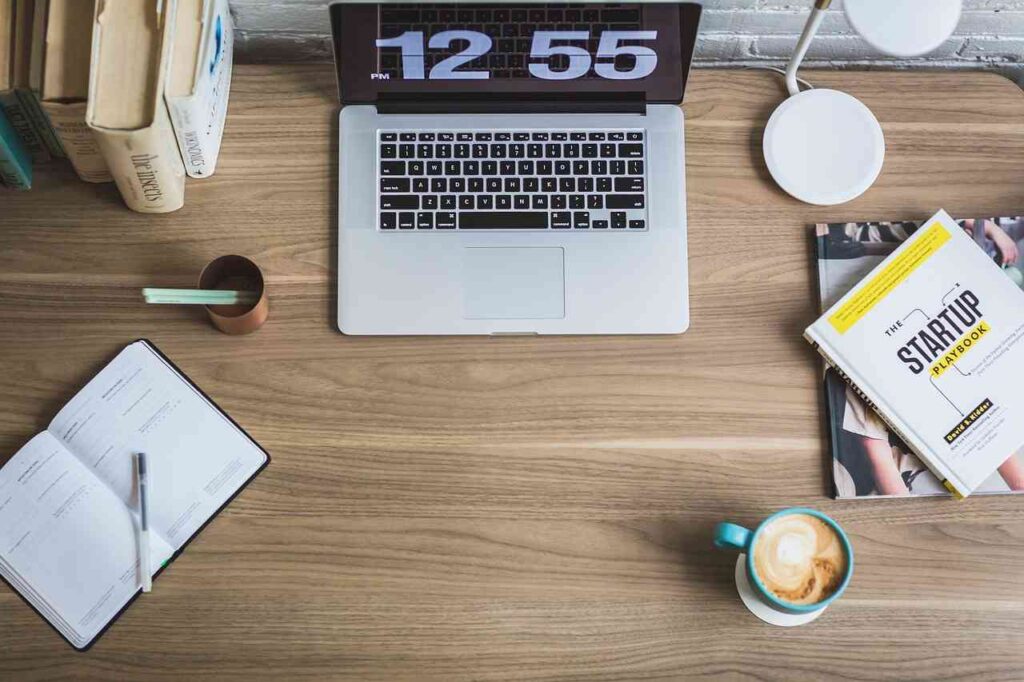Whether you are a student, someone who is looking to change career paths, or are simply a keen learner, no matter what stage of life you are at, studying will be high on your list of priorities.
There are a lot of ideas about how someone should study, and ultimately it does boil down to the person. However, there are some tried and tested techniques that will ensure you can study to the best of your ability, and this piece is going to talk about which ones to look out for.
Let’s get into it.
Why Study?
There are many reasons why people study. Some just want to learn something new, others are preparing for university, and some people would like a career change. The truth is, as humans, we are always studying. Everything around us is new information we are learning, but when we have to dedicate ourselves to learning something specific, it can sometimes be a little more of a challenge – especially if you have been out of the academic circle for some while.
For those who are looking to go back to university, whether you have been absent for a 1-year or 10-year stretch, it is important to know what your chosen university is looking for, whether you are applying straight up, or doing a transfer, such as those found at campusreel.org.
This way, you can study accordingly and understand the targets you need to reach to begin your new journey.
Find Your Style of Learning

Understanding your style of learning will make a huge difference in how well you engage with information along with its retention. There are 4 formally recognized learning styles, which include:
Visual – Visual learners are better at learning and retaining information when it is presented to them in images. This could be anything from graphs, diagrams, charts, symbols, and clear visual instructions.
Auditory – Those who learn best by listening to information, such as in a presentation, audiobook, or podcast, are most likely auditory learners.
Reading and Writing – Text-heavy resources are a reading and writing learner’s go-to source. Worksheets, books, and printed presentations work well – along with notetaking.
Kinesthetic – Kinesthetic is a physical component to learning – also known as learning while doing. This is useful for students who are learning something that requires manual input, such as using a laboratory or learning to drive.
You can benefit from one or a mixture of these learning styles, and not one size fits all, so pay attention to how you enjoy learning and what gives you the best retention rates.
Take Breaks
One of the most important aspects of studying is knowing when to stop and take a break. It might seem like the more you cram in, the more you are likely to remember, but this is rarely true. On average, the brain reaches learning capacity after around 45 minutes to an hour – then it starts to run out of steam.
It is then important to take a break, so your mind can take in the information you have just given it properly, then it can store it in memory and then take a break. This is particularly important if you are studying for exams to get into a university
Avoid Distractions

Distractions can cost you much more time than just when the distraction is happening – it takes on average about 20 minutes to refocus on whatever you were doing before your attention was led astray. This can take away a huge chunk of your productivity which is the last thing you want to happen when you are studying. If you can, turn your phone on silent, silence your emails, and use productivity tools that come with your laptop to ensure you only get disturbed if necessary. This can help along with finding a quiet space to study away from noise and external temptations – it can then be easier to reach a focused state.
Get Focused
Whenever we need to study, learn something new, or have a task to complete, it can be far easier to keep putting things off, Google what the weather is doing for the next week, or just watch a couple of videos to get us ready to work. Realistically, all we are doing is procrastinating. And while it can feel great, it is not going to help us with our ultimate goal.
Using focus techniques can help you make the most of your study session. Along with finding a suitable space and turning off your phone, it is also important to get your brain into the right frame of mind, so you can also be in a mental space that will help you to retain information.
The Pomodoro technique is worth looking into for bursts of productively and active rest, as it can keep you on track for a reasonable time while giving you short breaks you need for a quick refresh. Using a to-do list and a time blocking technique can also make sure you have covered everything you need to in the time you have set to do it, which can help keep you focused.
Do Not Leave It Too Late

Leaving anything too late usually spells an uncomfortable ride for most things, but if you must prepare for entrance exams or write an essay to help either get you on the ladder of where you want to be or to advance where you are now, then giving yourself plenty of time is essential. Cramming does not work – there is not enough time for your mind to process information into your long-term memory stores, which is why leaving an adequate amount of time and rest between study periods will always be more beneficial.
There are many reasons people like to study – from the enjoyment of learning a new topic to making a drastic career change. Implementing these techniques can help ensure that you get the most out of your study experience, so you are ready to take the next step in your career.

